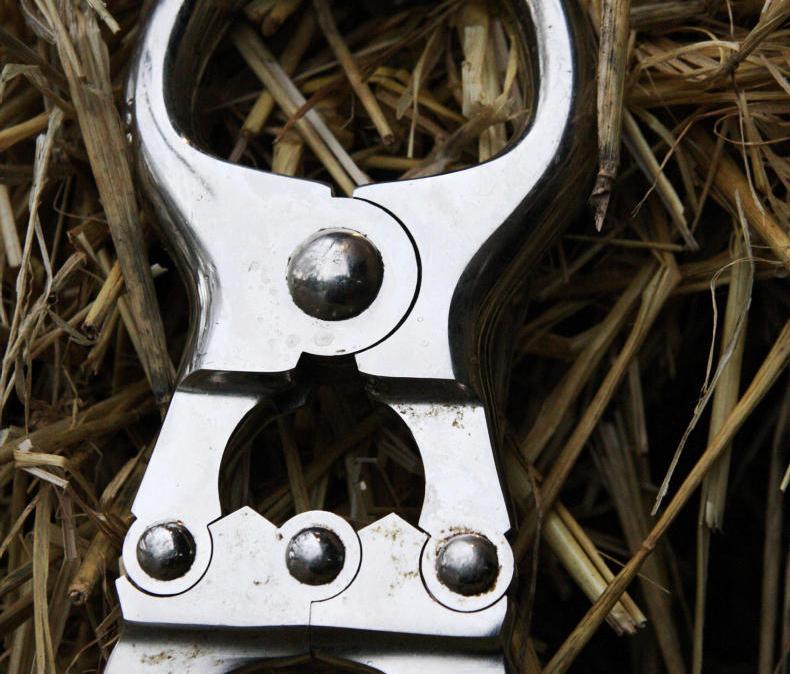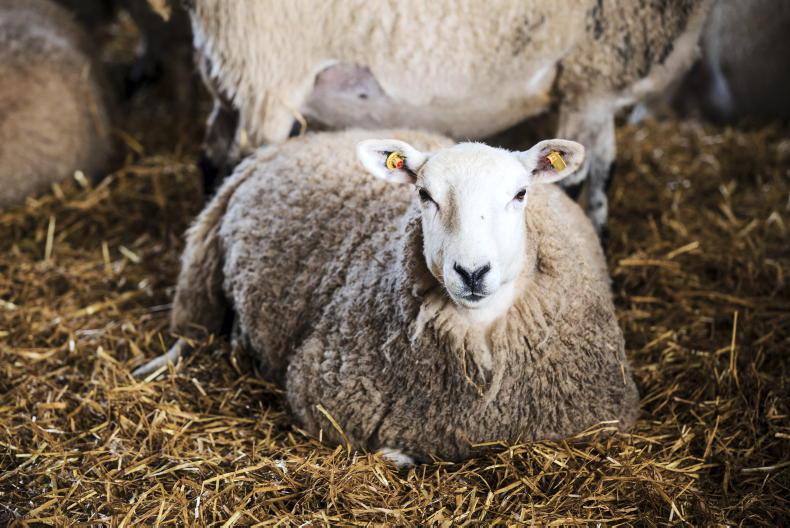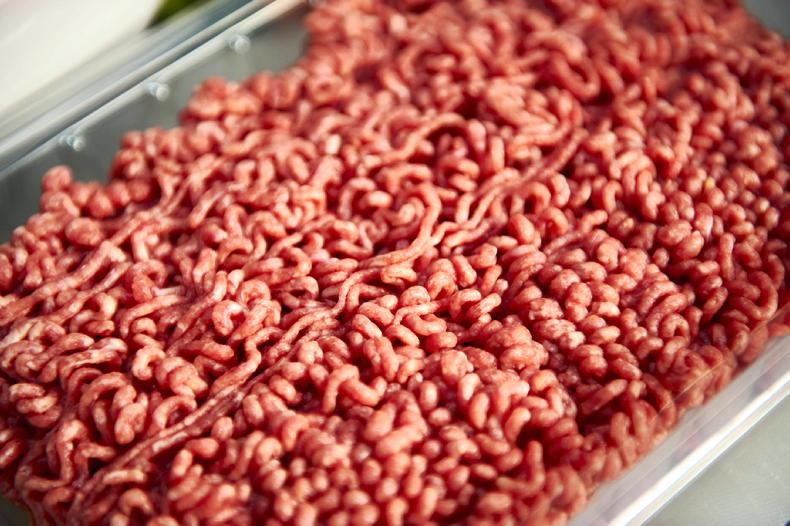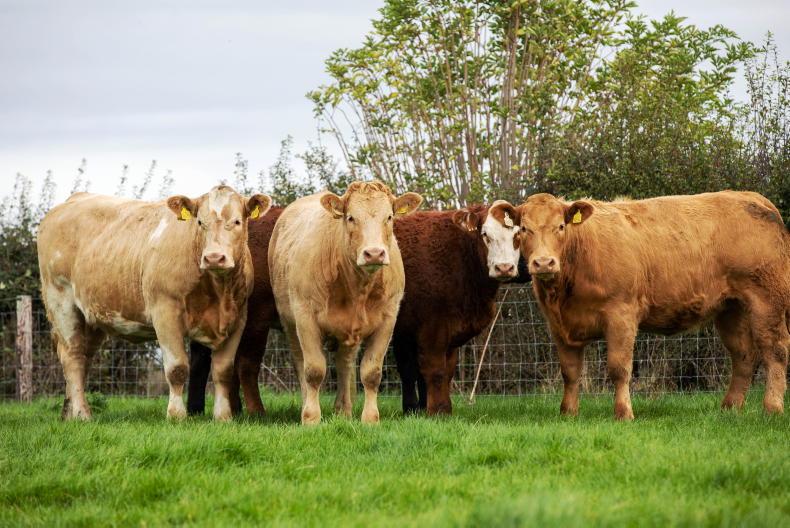Grass
Growth dropped to 40kg/DM/ha/day on Tullamore farm this week, the lowest it’s been since mid-summer. Cold nights will mean grass growth will drop off more in the coming weeks. Make sure you stick to the closing plan and have two thirds of the farm closed up by 1 November, which is only three weeks away. Utilisation is excellent on farms at the moment. You should be grazing the heavy areas of the farm now when ground conditions are good and leave the drier areas for when ground conditions deteriorate. If average farm cover falls below 500-600kg/DM/ha, you need to house, delaying housing will result in later turnout dates in spring 2019.
ICBF Deadlines
The final evaluation of 2018 will be published on 14 December. The final date to have any DNA samples returned to ICBF in order to have a genomic evaluation published is 24 October. This is particularly applicable for pedigree animals which farmers want to have genotyped for upcoming spring bull sales. Any BDGP tags still on-farm should be applied ASAP and tissue samples returned in the envelope provided with the tags. If you require replacement hair cards for lost BDGP tags or for animals which have been sold or died since tags were issued, call the BDGP helpline on 023-8832883, or email bdgp@icbf.com.
Tetany
I heard a number of reports of tetany on farms last week. With grass getting scarce on some farms and weaning not completed, some cows are under pressure. Make sure you have a preventative measure being used in the form of a bolus or lick, or feeding cal-mag via meal. Putting out a bale of hay or silage in a paddock if weaning will also help prevent tetany.
Castration
An important point is that it is illegal to castrate calves over six months of age without using local anaesthetic. Good hygiene is essential to minimise the risk of infection. It is best to castrate calves as young as possible and less than six months of age. Administer a clostridial vaccination to protect against tetanus when using banding or the rubber ring method. It’s important to provide a clean, dry environment with adequate space for movement to relive stiffness after castration. Some farmers will castrate prior to weaning, as movement around with the cow tends to lower the amount of swelling that occurs. Inspect and monitor calves closely for two weeks after castration. With latex bands the scrotum should drop off within four weeks after castration – look for swelling, signs of infection and abnormalities. If needed, treat wounds with topical sprays and antibiotics. Seek professional help if calves show signs of severe pain, swelling or infection.
Storm Callum
With storm Callum approaching, ask yourself if there’s anything you can do to prevent/limit damage. Remember to stay safe and stay away from any fallen powerlines – notify ESB of any faults. Wait until the storm has subsided to carry out any remedial works.










SHARING OPTIONS